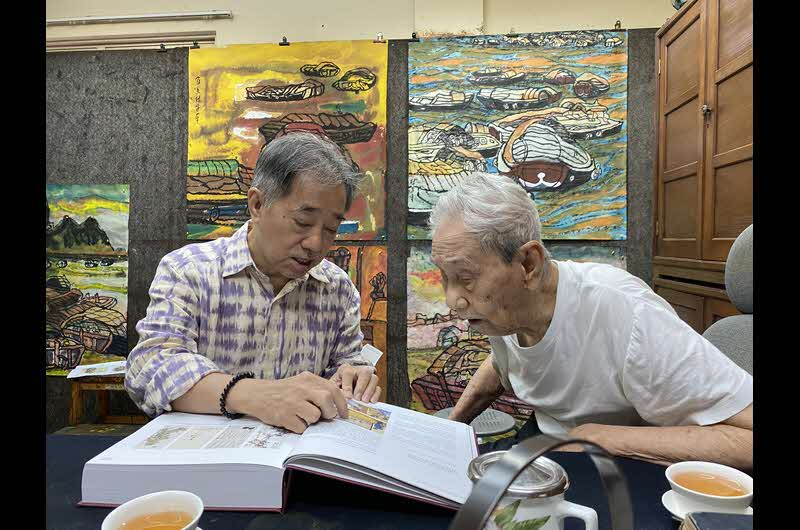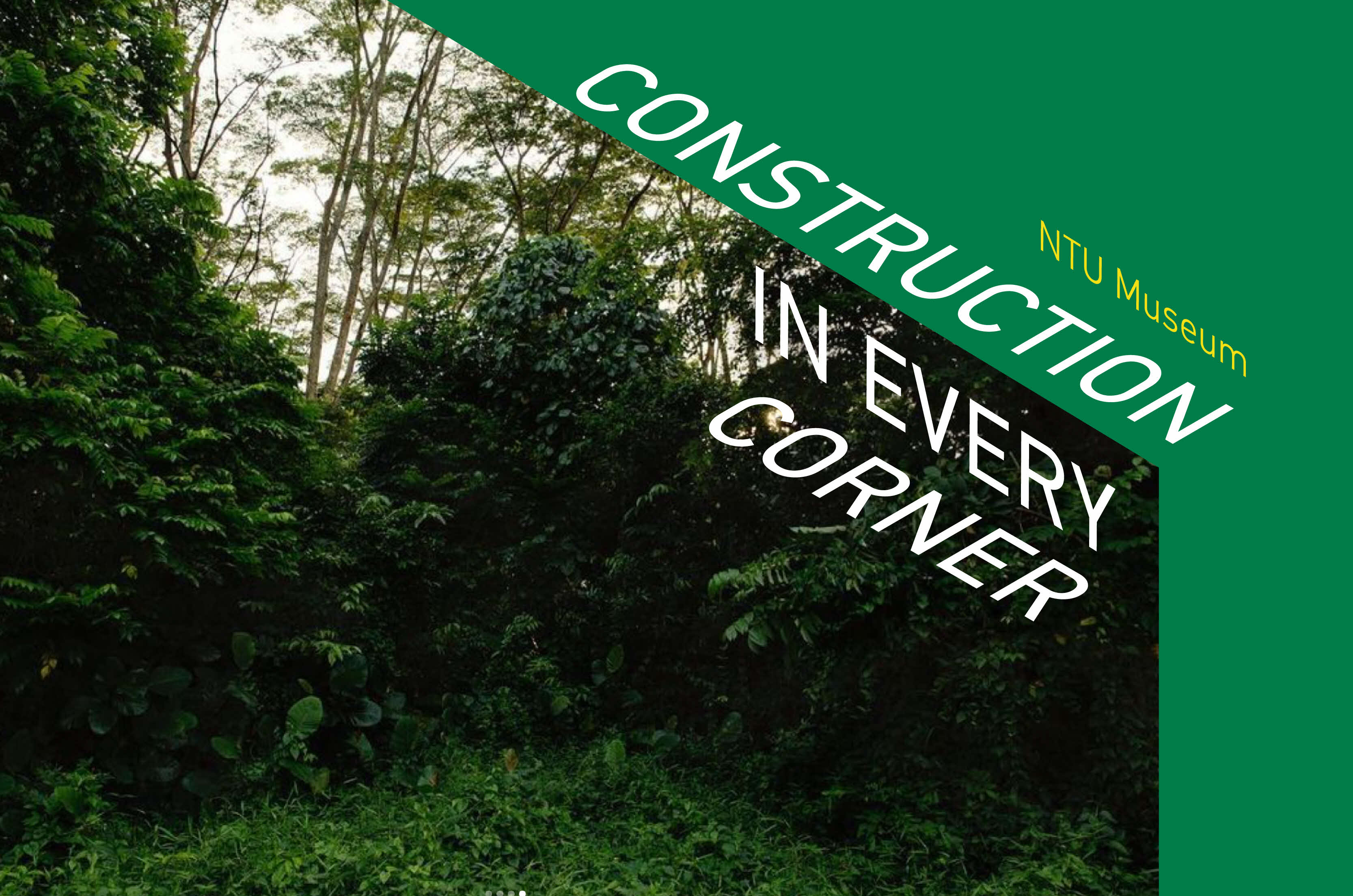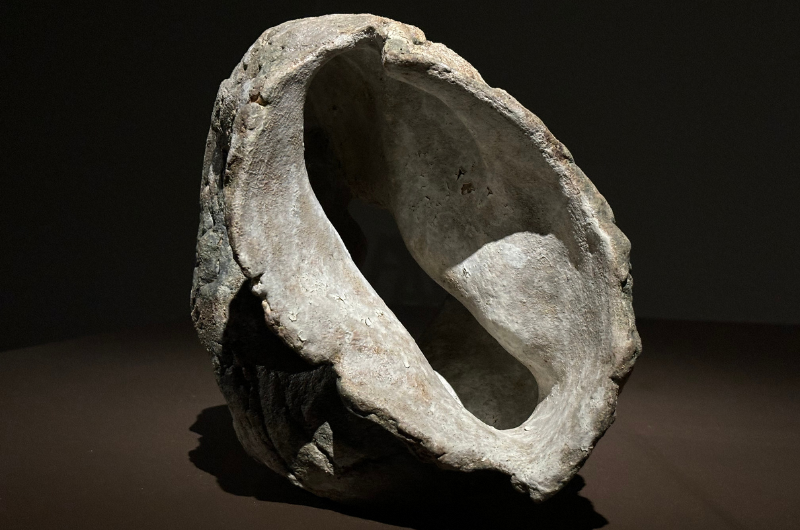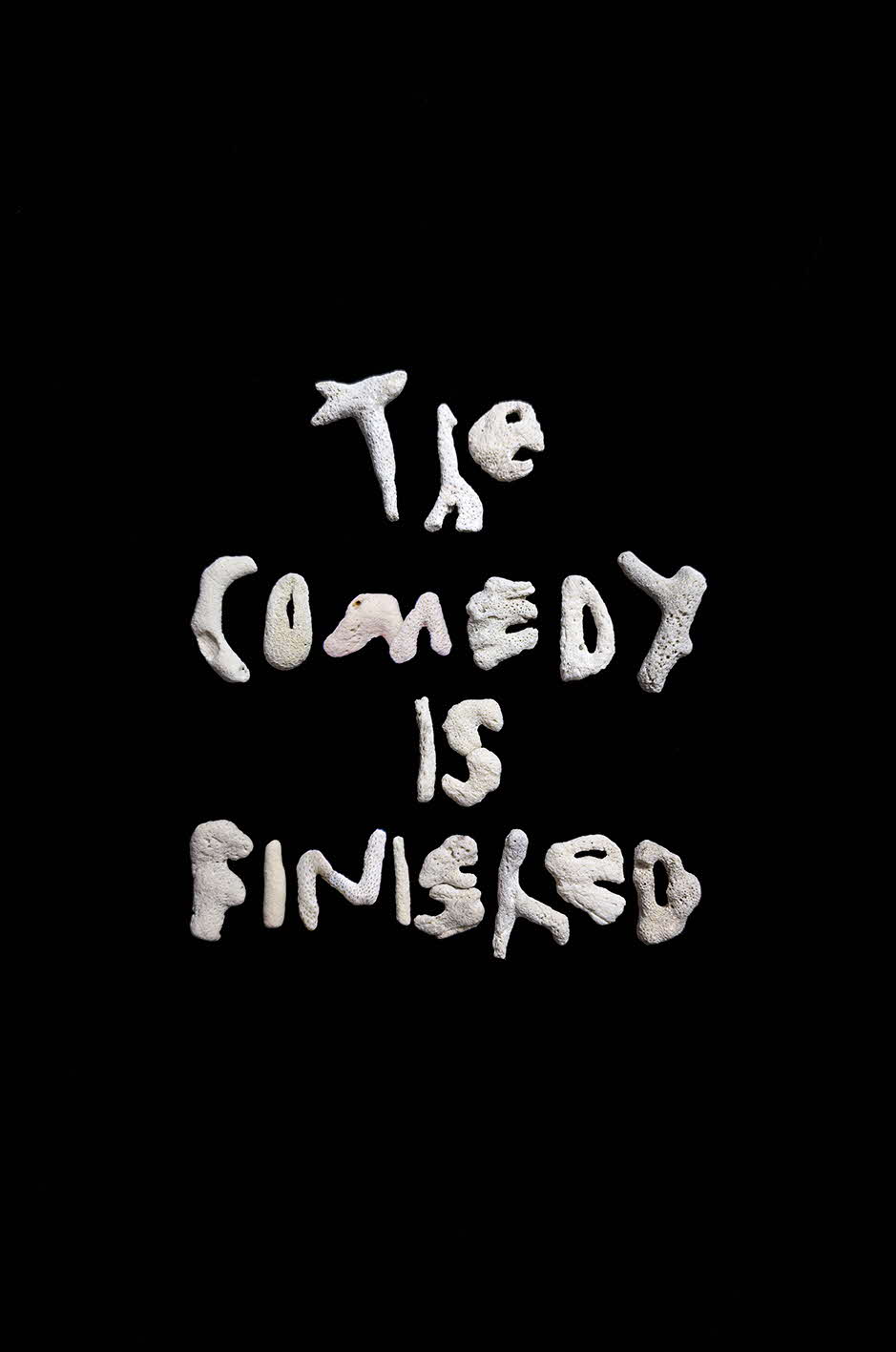
Image courtesy of Cape of Good Hope Art Gallery
Exhibition
Cape of Good Hope Art Gallery Pte Ltd
28 December 2024 to 28 January 2025
Tuesday to Sunday 1130am - 7pm
Free admission
Synopsis
This art exhibition brings together a collection of ink paintings by famous Singaporean artist Mr Lim Tze Peng. They are designated under 6 categories such as Village Paintings, Nostalgic Street Scenes, Impressions of the Singapore River, Travel Paintings, Paintings of Trees and Abstract Calligraphy. A special selection of large paintings was also included in this special showcase. They demonstrate Mr Lim’s outstanding capabilities of working with huge pieces of paper and creating visually impactful works of art. To accentuate the significance of the exhibition, several rare videos of Mr Lim sharing about his thoughts on his art are also included in the showcase. Gallery director Mr Terence Teo embarked on a journey of collecting these paintings by Mr Lim Tze Peng 25 years ago. He would like to share the fruits of this purposeful process with all art lovers.Participating artists/curators:
Lim Tze Peng, Artist, Singaporean
Terence Teo, Curator, Singaporean
Exhibition
NTU Museum
14 Jan 2025 to 18 Apr 2025
Free admission
This group exhibition explores urban redevelopment debates using NTU’s construction sites as a starting point. Three NTU-trained artists examine liminal spaces, human connection, and nature’s representation.
Exhibition
Mulan Gallery
16 Jan 2025 to 17 Feb 2025
Free admission
A showcase of contemporary ceramics that highlights innovation and expanded artistic expression through new approaches. Featuring seven Singaporean ceramicists and their mentor, Professor Chang Ching Yuan.
Exhibition
National Library Board
17 Jan 2025 to 17 Mar 2025
Free admission
Take a fresh look at an old tale with our exhibition series CANVAS/S: Tales as New as Time.
Exhibition
Blueprint Art Advisory
11 Jan 2025 to 10 Feb 2025
Free admission
'Bleached Bones' is a visual catalogue of photographic prints by Ernest Goh. The work reflects on life and living through the echoes of the departed.







